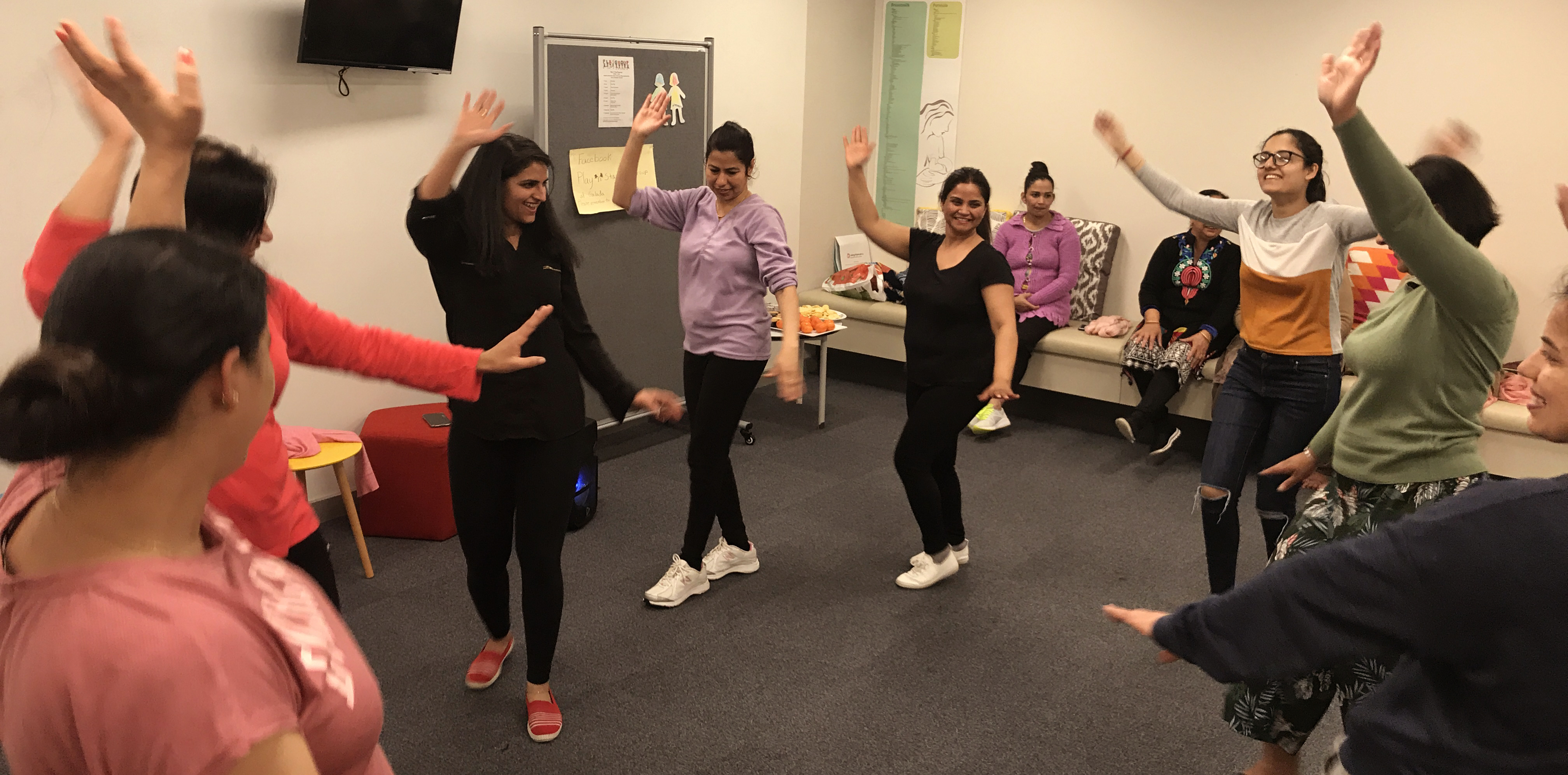Safer and Stronger Community Family Violence Prevention Pilot
Guided by BSL’s 2019 to 2023 strategic plan, the Safer and Stronger Community program aims to develop new approaches to prevent family violence and violence against women in migrant and refugee communities.

The Safer and Stronger Community (SaSC) program focuses on:
- building organisational and workforce capacity in promoting gender equality and influencing the attitudes, behaviours, social norms and structures that leads to family violence
- developing the capacity of the migrant and refugee communities to prevent family violence
- co-design and deliver the strategies to build attitudinal and behavioural change required to reduce violence against women and deliver gender equality and respect in every aspect of their lives, and
- enable safe referrals to appropriate specialist services for individuals experiencing family violence.
BSL is working with different organisations:
- Women’s Health in the North
- DPV Health
- Whittlesea City Council and Hume City Council
- Whittlesea Community Connection
- Australasian Centre for Human Rights and Health (ACHRH).
For co-design and delivery of these prevention initiatives at a community level, BSL is working with Hume Afghan Association and Oorja Foundation representing refugee and migrant communities based in Hume and Whittlesea, in Melbourne’s north.
Partnerships
BSL is partnering with Oorja Foundation and Hume Afghan Association to co-design and deliver prevention initiatives in the community.
SaSC partners are Multicultural Centre for Women’s Health (MCWH, Our Watch, and University of Melbourne for technical support and evaluation of the project.
The project is funded by the Victorian Multicultural Affairs and Social Cohesion Division.
Locations
The program Operates across Hume and Whittlesea from the Epping Community Services Hub.
Referrals
This project partners with the Multicultural Centre for Women’s Health, Our Watch and University of Melbourne, and is funded by the Victorian Multicultural Affairs and Social Cohesion Division.